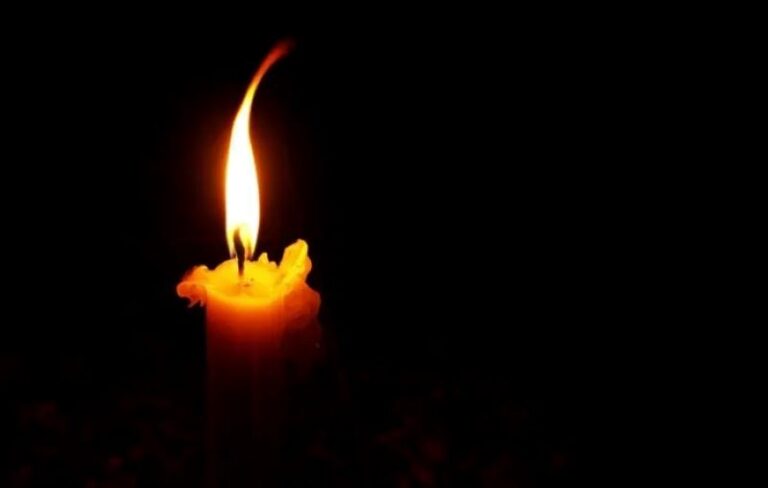 Coinciding with national emergency week, as the IDF determines the level of national preparedness, the National Emergency Authority (NEA) conducted a study to determine just how ready the homefront is today. According to the findings, most Israelis know what to do in the event of massive missile attack or earthquake.
Coinciding with national emergency week, as the IDF determines the level of national preparedness, the National Emergency Authority (NEA) conducted a study to determine just how ready the homefront is today. According to the findings, most Israelis know what to do in the event of massive missile attack or earthquake.
However, when it comes to measuring the sense of security, the results are less encouraging with one a quarter of those asked saying they feel safe in the event of a massive missile attack on the homefront — one of the major scenarios included in the week-long nationwide training event.
If one wishes to analyze the data by geographical area, the communities along the Gaza border are most prepared and have the greatest feeling of security as a result of years of rocket attacks and being trained and experienced reacting to those attacks.
The NEA reports only 14% of citizens will wish to leave their homes in a massive missile attack. An encouraging 92% of Israelis responded they known how to react in the event of a major missile attack against Israel and one-third of respondents admit that they have prepared for such an eventuality. Nine out of every ten have already selected the protected area they will use in the event of a missile attack and this is especially prominent among respondents over 50.
Despite the relative preparedness, only one-quarter of the respondents believe they will feel secure during a major missile attack and two-thirds of the public explained they would not report to work during a massive missile attack and only nine percent of parents would send their children to school.
Fifty-four percent of Israelis responding to the poll would prefer receiving necessary information during a state of emergency via WhatsApp followed by other applications and social media. However, respondents over 50 prefer to receive information via the traditional means such as radio and TV. Sixty percent prefer verified accurate information while the remainder prefer more timely updates, even if they are less reliable.
“The essence of national emergency week is testing the system and interagency cooperation between emergency agencies” says Betzalel Traber, who heads the NEA. Traber adds a great deal of work was done in the past two years, stating the homefront’s preparedness level of ‘moderate plus’, admitting there is still a great deal of work ahead.
(YWN – Israel Desk, Jerusalem)










2 Responses
All that live with batuchin feel safe..
This morning’s Kriyas HaTorah says: ונפלו לפניכם לחרב
Which Rashi translates as they will fall before you from friendly fire!
And the next pasuk continues: ונפלו איוביכם לפניכם לחרב
Rashi: they will fall in a SUPERNATURAL way!
הבוטח בה’ חסד יסובבנו